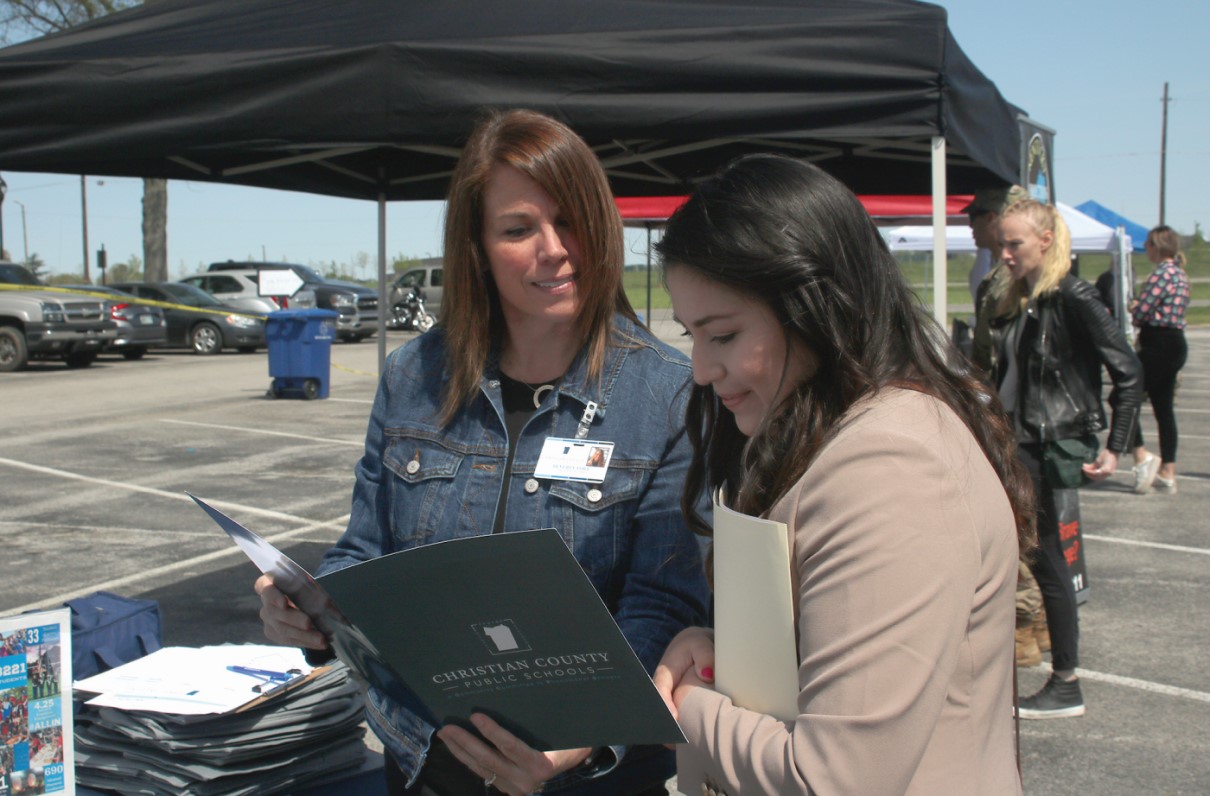On average, military spouses have a higher level of education than their civilian counterparts – I’ve often joked this is because we have more time for school, since no one will hire us. However, a 22% unemployment rate among military spouses for more than a decade isn’t much to laugh at.
[TAKE ACTION: Ask Your Lawmakers to Co-Sponsor the Military Spouse Hiring Act]
In 2010, the unemployment rate among post-9/11 veterans reached 11.5%. The next year, Congress addressed the issue by adding qualified veterans as a target group under the Work Opportunity Tax Credit (WOTC).
The same year, DoD developed SkillBridge, a pilot program designed to help servicemembers successfully transition from military life into the civilian workforce, and the U.S. Chamber of Commerce Foundation launched Hiring Our Heroes to connect veterans with meaningful employment opportunities. According to the Bureau of Labor Statistics, the post-9/11 veteran unemployment rate is now 4.4%, lower than the national average of 5.3%.
The multipronged approach used to address veteran unemployment must be used for the military spouse employment crisis.
While DoD and military family nonprofit organizations provide programs designed to give military spouses opportunities for enhanced education, professional development, and upskilling, the other side of the equation is incentivizing businesses to hire someone they know will likely move within two to three years. Adding military spouses as a target group under the WOTC is the next logical step.
[FREE DOWNLOAD: MOAA's Military Spouse Employment Guide]
The Society for Human Resource Management (SHRM) estimates the average cost of recruiting and hiring a new employee is $4,700. Keeping that figure in mind, it’s not difficult to understand why businesses are reluctant to hire military spouses.
The Military Spouse Hiring Act (H.R. 2974 | S. 3909) will create a new WOTC target group for military spouses, which will provide employers with a $2,400 tax credit to help offset hiring and onboarding costs. MOAA is working closely with the National Military Family Association to gather as many co-sponsors as possible before December in the event Congress puts forth an end-of-year tax-extenders package, which could include this bill.
Such legislation can be competitive, so it’s imperative we have as many co-sponsors as possible in both chambers of Congress. Members value input from constituents, and we need your help to reach those offices who have not yet signed on.
Visit MOAA’s Legislative Action Center to send a message to your representative and senators urging them to co-sponsor the Military Spouse Hiring Act. More than 1,600 of these messages had been sent as of Sept. 7, and they remain instrumental to our efforts at building co-sponsorship (219 in the House, 35 in the Senate as of Sept. 7). We need your continued support!
Join MOAA to GROW Your Career in Hawaii
MOAA is proud to be a sponsor of the The Grassroots Recruitment Opportunity Workshop (GROW), a Hiring Our Heroes event connecting local and national employers with members of the military community. Job-seekers can register to attend the Oct. 19 event at Joint Base Pearl Harbor-Hickam, Hawaii, at the link below.

